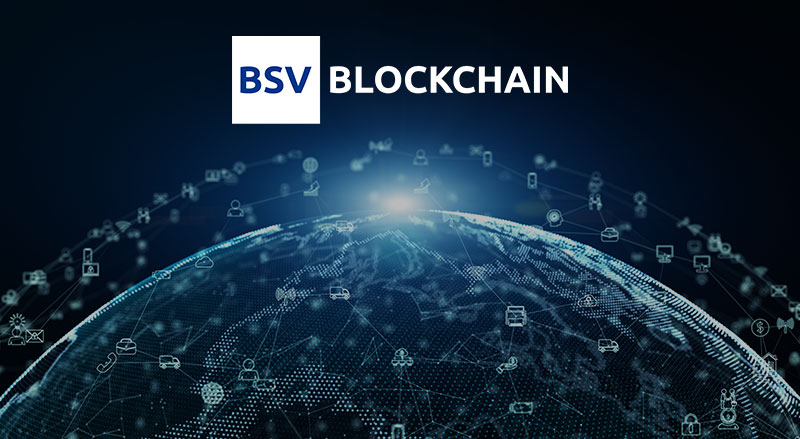The gaming and eSports industries are set to be revolutionised by the introduction of blockchain, including changes around how games are monetised and new ways that developers can increase engagement.
This was one of the major discussion points at the Unbounded Capital Summit recently held in New York. A panel of veterans and innovators discussed the impact of blockchain on the gaming sector and how it is set to change the industry.
The panel was hosted by Jackson Laskey, (Senior Advisor at Unbounded Capital), and included:
- Tyler Farnsworth (Chief Marketing Officer at Built by Gamers);
- Adam Kling (Founder of FYX Gaming);
- Brenton Gunning (Founder/Creator of Run);
- Joe de Pinto (Co-Founder of Haste Arcade).
Kling noted that blockchain technology is effectively the next big generational leap in the gaming world as features such as graphics, multiplayer and virtual reality headsets begin to see diminishing returns.
He pointed to the introduction of NFTs which will allow gamers to hold their own digital assets in-game and on the blockchain. This could include entire economies which have an actual value attached to them, he said.
Kling said that the adoption of blockchain in the gaming space will also allow for more direct interoperability between two games, with an action in one game having a direct consequence in another game.
Blockchain allows for more interoperability in gaming
Gunning noted that while games have long had various forms of interoperability, the challenge is that the game has to be designed to be moddable and open to change from the outset – and not all games are made this way.
‘Historically games are entertainment and an art-heavy industry. Being very intellectual property-heavy they also want to protect their IP. So it’s not natural for a company to want to open itself up to third parties.’
‘I think one part of it is that we are just early. But if you look at the games that do decide to open up and become interoperable with other games, they have a much longer lifespan and a much larger community than games that don’t do that.’
Gunning said ultimately the companies that take the leap to tie existing interoperability into blockchain technology will see the rewards going forward.
Blockchain and eSports
The gaming industry represents over $200 billion in revenue annually worldwide, which is larger than the film and music industries combined, said Farnsworth.
While eSports is only a segment of this revenue, it is still relatively nascent and growing. This makes it a perfect fit for growing blockchain adoption.
‘There are a lot of issues we need to solve including transparency around issues such as cheating, payouts for professional and amateur players, and ensuring that content creators are compensated and that the rights and IP-holders are compensated appropriately as well.’
‘We are seeing that blockchain is solving or can solve a lot of the issues we are currently seeing in that space and can unlock an immense amount of value which is restricted because of the legacy systems that exist.’
This ties directly into the idea of Haste Arcade’s Instant Leaderboard Payout (ILP) gaming platform, which uses the BSV blockchain to pay real money to people who earn the highest scores while gaming.
‘Really what you are doing is ‘gamifying’ not just videogames but other elements in the real world that you can apply this concept to,’ said De Pinto.
‘Things that people are already doing casually such as playing a game, spending a penny or 10 cents, and if they do well they might actually have the chance to earn from that.’
De Pinto said that there are some users on Haste Arcade that have already made thousands of dollars just by competing across the leaderboards – showing that there is a clear use case for this type of blockchain integration.
